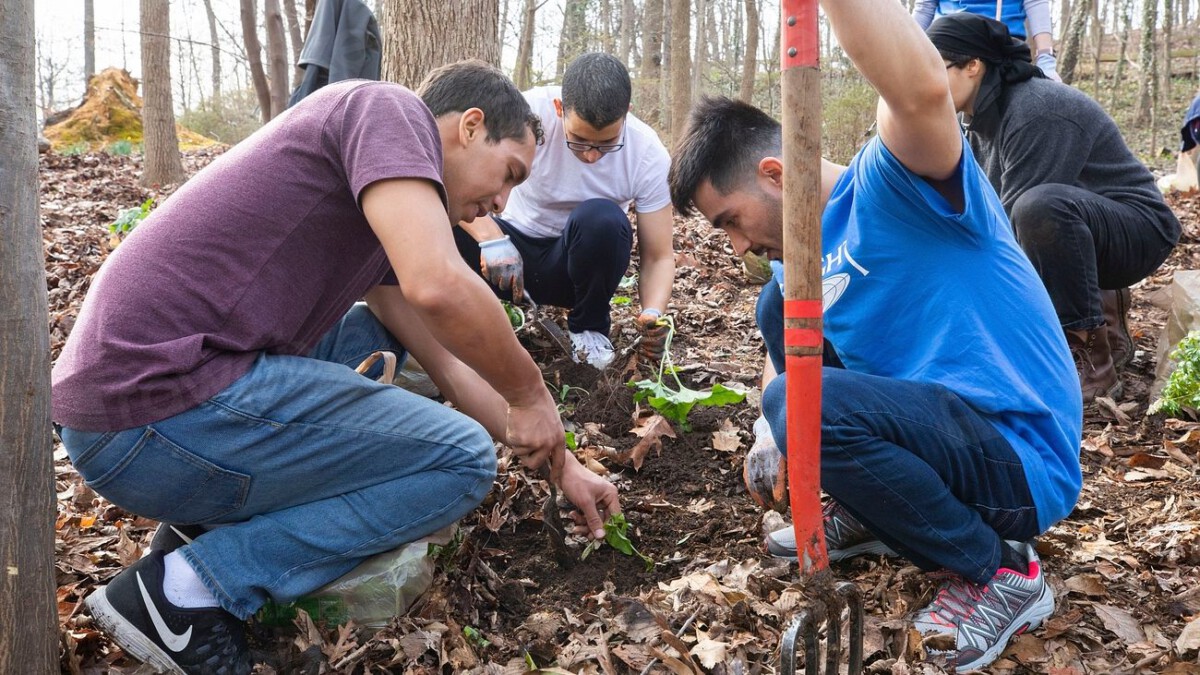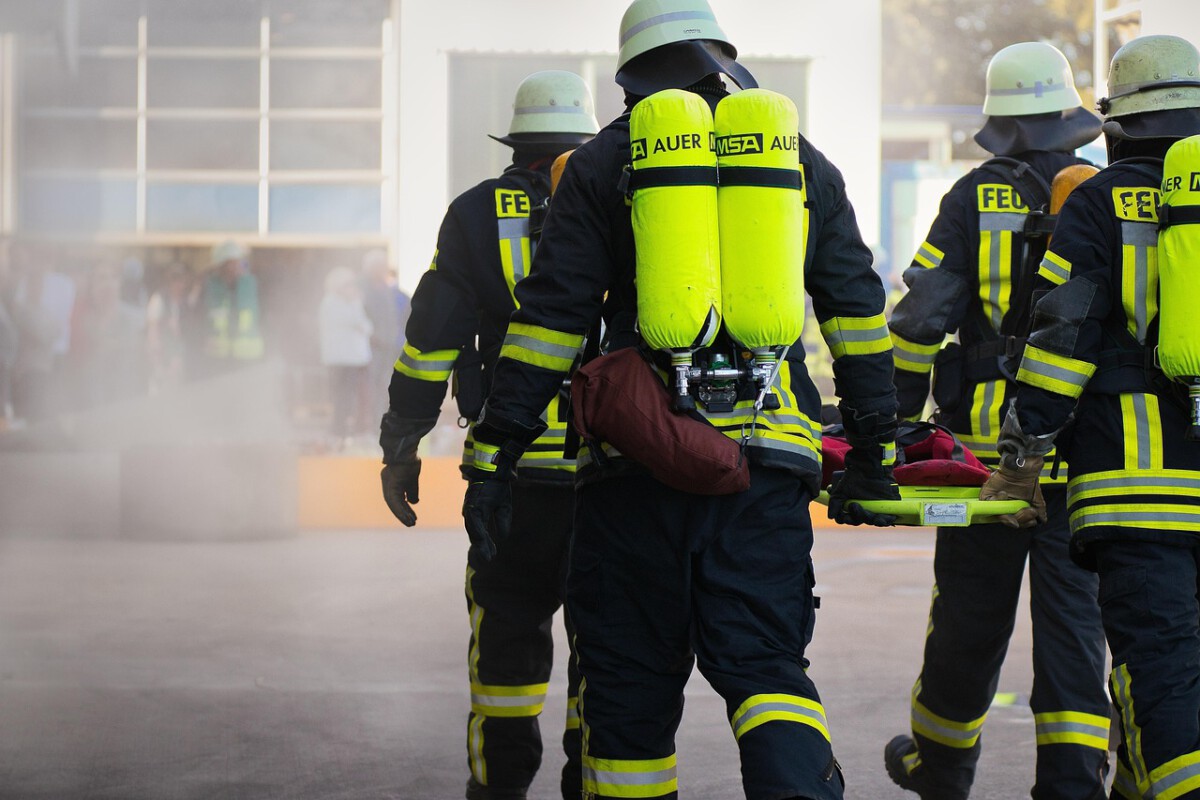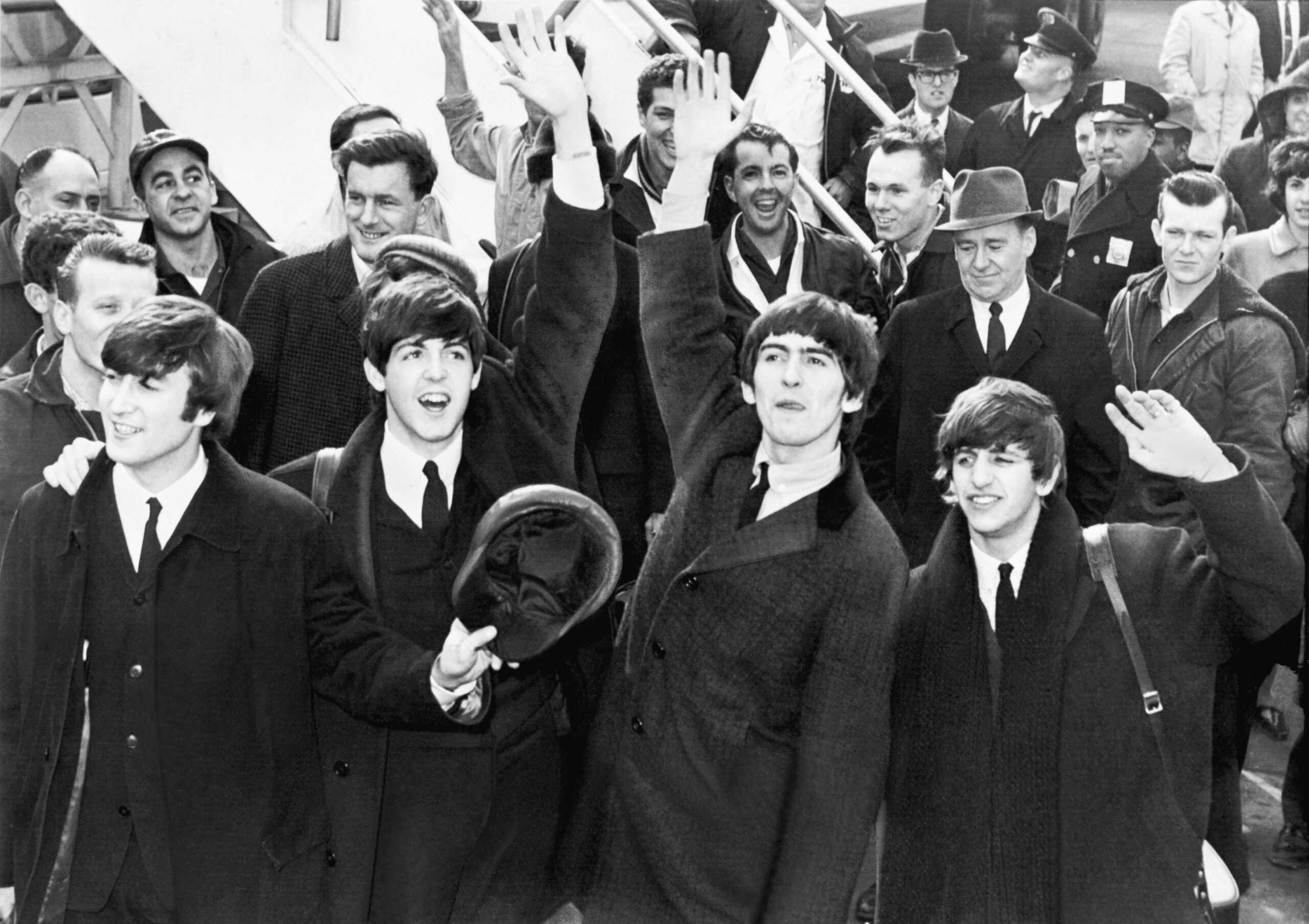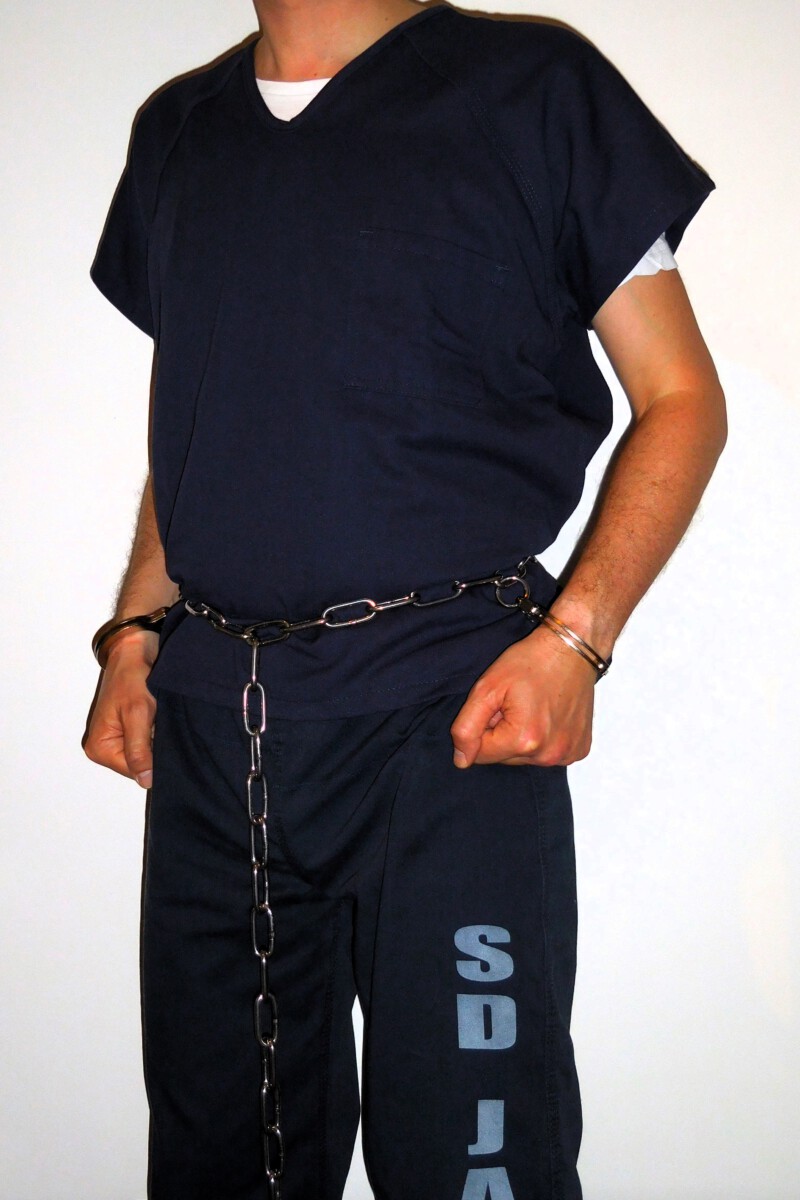A Survivor’s Unforgettable Scar (Image Credits: Unsplash)
Riverside, Illinois – In the still hush of a 1987 summer evening patrol, a sudden shotgun roar shattered the calm, leaving Tom Weitzel fighting for his life on the pavement.
A Survivor’s Unforgettable Scar
Imagine cruising familiar streets, radio crackling with routine calls, when chaos erupts without warning. That’s exactly what happened to Tom Weitzel, then a young officer in Riverside. The blast hit him square, but sheer grit kept him alive. Today, nearly four decades later, that wound still shapes his every step.
Weitzel’s story isn’t just personal tragedy. It ignited a fire in him to prevent others from enduring the same nightmare. He rose through the ranks to become police chief, all while carrying the weight of that close call. His survival became a quiet vow to protect his fellow officers better.
Fifteen Years of Tireless Advocacy
Retirement didn’t slow Weitzel down. For 15 years, he’s lobbied Congress with dogged determination. His goal? Turn the murder of an on-duty cop into a federal offense, pulling in resources that local systems often lack. It’s a crusade born from frustration with uneven justice.
Picture this: Weitzel testifying on Capitol Hill, sharing his raw experiences to sway lawmakers. He’s not alone in this fight, but his voice cuts through because it’s lived. Year after year, he refines his pitch, adapting to shifting political winds.
His efforts highlight a stark reality. Local investigations can falter under pressure or bias, leaving killers to slip through cracks. Weitzel argues federal eyes would ensure thorough, impartial probes every time.
The Gaps in Local Justice Systems
Local courts and prosecutors handle most cop-killing cases, but they’re stretched thin. Overloaded dockets mean deals get cut, evidence slips, and families wait years for closure. Weitzel points to instances where suspects walk too easily, eroding trust in the badge.
Take recent headlines from around the country. High-profile officer deaths drag on without resolution, fueling anger in police ranks. Federal involvement could standardize procedures, much like hate crimes get elevated scrutiny. It’s about leveling the playing field for those who serve.
Why Federal Status Could Change Everything
Elevating these murders to federal crimes brings the FBI’s muscle into play. Think advanced forensics, cross-state coordination, and relentless pursuit. No more relying solely on strained county resources that might prioritize other cases.
Weitzel envisions quicker arrests and stronger convictions. It would send a clear message: Attack a cop on duty, and you’re facing the full weight of the nation. Communities would feel safer, knowing justice isn’t a local lottery.
Critics worry about overreach, but supporters like Weitzel counter that it’s overdue protection. After all, officers risk everything daily. Why settle for patchwork enforcement?
Echoes from Fellow Officers
Weitzel’s push resonates deeply in police circles. Many who’ve stared down danger share his view that local biases can undermine cases. Stories from line officers underscore the need for unbiased federal oversight.
Across forums and precincts, there’s growing chatter about this reform. It’s not just talk; unions and associations are starting to back the bill. Weitzel’s persistence has sparked a broader conversation on officer safety.
A Call for Momentum in 2025
With a new year dawning, Weitzel’s campaign gains fresh urgency. Incoming leaders could tip the scales toward passage. He’s optimistic, drawing on his own resilience as proof that change is possible.
Still, hurdles remain. Balancing states’ rights with national security takes finesse. Yet Weitzel’s message is simple: Honor the fallen by shielding the living.
His journey reminds us that one person’s pain can drive systemic shifts. What stories like his show is the human cost of inaction. It’s time to listen.
Key Takeaways
- Weitzel’s 1987 shooting survival fuels a 15-year fight to federalize cop-killing murders.
- Federal involvement promises better resources and impartiality in investigations.
- This reform could rebuild trust and deter attacks on officers nationwide.
In the end, Tom Weitzel’s battle boils down to fairness for those who protect us. It’s a reminder that justice delayed hurts everyone. What do you think about bringing federal investigators to every cop-killing case? Share your thoughts in the comments.







